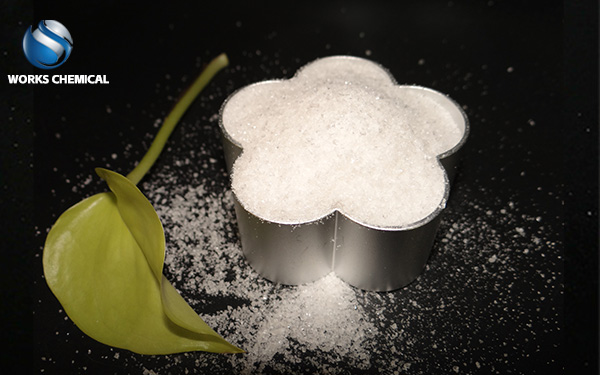
The advantages of the new type of sludge conditioner over traditional dewatering agents are mainly reflected in the following aspects:

The dehydration efficiency and effect have been significantly improved
Deep dewatering capacity: The new type of sludge conditioner can reduce the sludge moisture content from over 90% to 35%-50% by destroying the bacterial structure in the sludge, lowering the solid surface load and specific surface area, thus achieving deep dewatering. However, traditional agents (such as cationic polyacrylamide) usually can only reduce the moisture content to about 80%.Faster dewatering speed: When used in combination with plate and frame filter presses, the new conditioning agent can increase the dewatering efficiency by 4 to 5 times, eliminate the "runny core" phenomenon of the mud cake, and improve the quality of the mud output.
2. Stronger environmental friendliness
Reduce secondary pollution: The new type of sludge conditioner does not produce harmful substances and has a minimal impact on the electrical conductivity, pH value and salt content of water bodies. It avoids the problem of Cl⁻ ion residue that may be caused by traditional agents (such as lime and ferric chloride), and reduces the interference to the biochemical treatment system.In line with the environmental protection trend: Its component design focuses on biodegradability, reducing the long-term impact on the environment and facilitating the green transformation of sludge treatment.
3. Lower economic cost
Direct cost savings: Taking sludge enhancers as an example, by enhancing sludge pressing efficiency and reducing equipment operation time (for instance, from 24 hours to 8 hours), electricity and labor costs can be significantly lowered. It is estimated that more than one million yuan can be saved in costs every year.
Indirect cost optimization: The new sludge conditioner reduces sludge production by more than 30%, lowering transportation and disposal costs. At the same time, it can extend the service life of the equipment and reduce maintenance costs such as filter cloth replacement.
4. Ease of operation and compatibility
Simplified usage process: Just dilute and add evenly, then stir thoroughly to achieve efficient dehydration without the need for complex equipment modification or operation training.The equipment is widely compatible: it is applicable to various devices such as plate and frame filter presses, centrifugal dewatering machines, and high-pressure belt machines, while traditional chemicals may be limited by specific equipment types.
5. There is greater potential for resource utilization
Retention of sludge quality: The new type of sludge conditioner maintains the organic matter content and stable properties of the sludge during the dewatering process, providing convenience for subsequent composting, incineration or utilization in building materials. Traditional chemicals may change the properties of sludge and affect the resource utilization path.Promoting a circular economy: Through deep reduction and harmless treatment, promoting the transformation of sludge from "waste" to "resource" is in line with the concept of sustainable development.
6. Higher security and stability
Avoiding the risk of chemical residues: Traditional inorganic flocculants (such as polyaluminium chloride) may introduce metal ions, increasing environmental risks. The new type of sludge conditioner reduces such risks through the synergistic effect of organic components.
Stable treatment effect: It is less affected by fluctuations in sludge properties and can continuously maintain efficient dewatering performance, while the effect of traditional chemicals may fluctuate due to changes in sludge composition.
Summary
The new type of sludge conditioner, with its five core advantages of efficient dewatering, environmental protection and safety, economic cost, convenient operation and resource friendliness, is gradually replacing traditional dewatering agents and becoming the mainstream choice in the field of sludge treatment. It not only resolves the problems of incomplete dewatering, high environmental risks and difficult cost control caused by traditional chemicals, but also opens up a new path for the resource utilization of sludge, facilitating the industry's transformation towards green and low-carbon development.